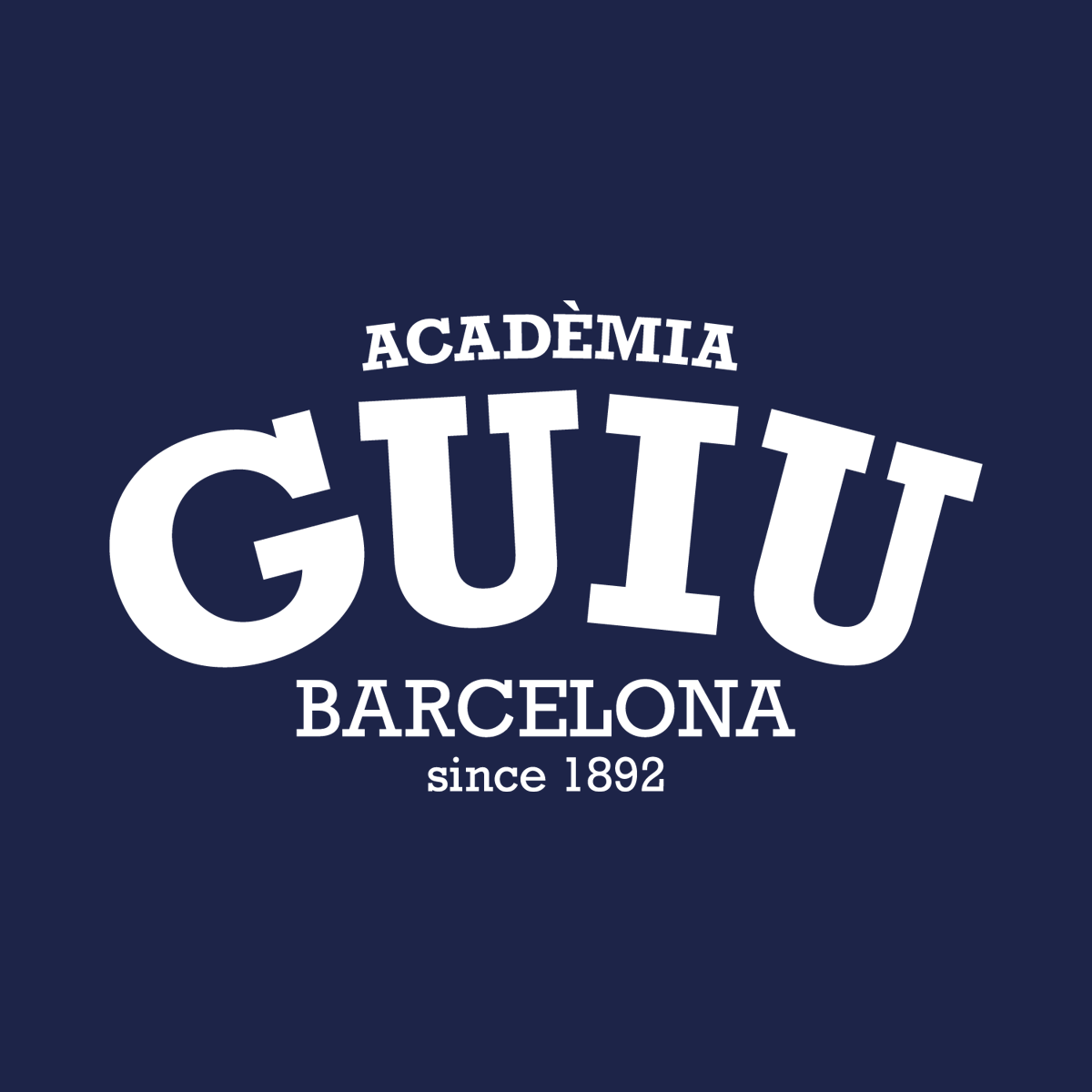How to decide between one career or the other? What if you don’t have a clearly defined vocation? What if you choose a career and later discover that you don’t like it? If you are reading this, it is probably because you are in your last year of Baccalaureate or CFGS and you are beginning to prepare for the selectivity exams, but you are still not sure which career to choose or what your true vocation is. First of all: tranquility. You face one of the most relevant decisions of your life and this requires thinking things through carefully, knowing the full range of possibilities that you have before you and, above all, seeking help and advice in your environment to be prepared when the time comes to decide. For this reason, from Academia Guiu we bring you a series of tips and reflections that will come in handy to guide you in your academic career.
How to orient yourself?
Deciding what to study and what you want to work on is neither an easy nor a quick task. It is a process in which you must take into account different aspects in order to make your decision well. You should know that the decision process goes through different phases, all of them very important. The first phase of this process is to carry out an introspection exercise to get to know ourselves better: what do you like? What activities excite you and fill you with energy when you do them? What are your talents? What values guide you?
Sometimes it can be difficult for us to identify our own abilities, but for this we can also turn to the people who know us best and ask them.
Secondly, and only if we have been able to answer the self-knowledge questions, you should start looking for which studies fit your profile: check all the training offer that exists and their access requirements. You can do it on your own, informing yourself on the websites of the universities, or on the pages of the education departments of each autonomous community; or you can resort to events such as the Teaching Hall and professionals from the education sector (teachers, counselors, coaches …).
From Academia Guiu we offer all our students a psychology service for academic guidance and study techniques. With this service the student is advised whenever he wishes and, if he needs to answer questions, he is attended by appointment. Our counselors are in charge of explaining in detail the careers in which each student is interested and if they do not have clear ideas, they are accompanied to find their vocation by following the path of what they really like and motivate them.
Finally, if you have already made a decision about your academic future, you must take into account what professions derive from the studies you choose. Investigating the exits of each career and the job landscape within each professional sector is also important.
However, many students place more importance on their future career than what they would be passionate about doing, usually influenced by their immediate environment. As much as possible, it is advisable that the talents and passions of each person are aligned with their profession. Working takes up a large part of the time in adult life, and it is important that this time be rewarding rather than burdening us.
No decision is irreversible
In any case, if once you have entered the university you regret the career you have chosen, you have the opportunity to change: either by opting for a new call for selectivity or by talking to the university to transfer your file to another career, if possible. Keep in mind that nowadays almost no decision about studies is irreversible. We live in a society of continuous learning throughout life. You can change your mind and follow another path, you can reconvert professionally later if you wish.
The exercise of thoroughly investigating these three aspects that we have discussed will help you to acquire the necessary autonomy to be able to choose a study and a profession, not only before selectivity, but also throughout your academic and professional career.
Feel free to contact our guidance section to find out how to research each of these three steps.


Comentarios recientes